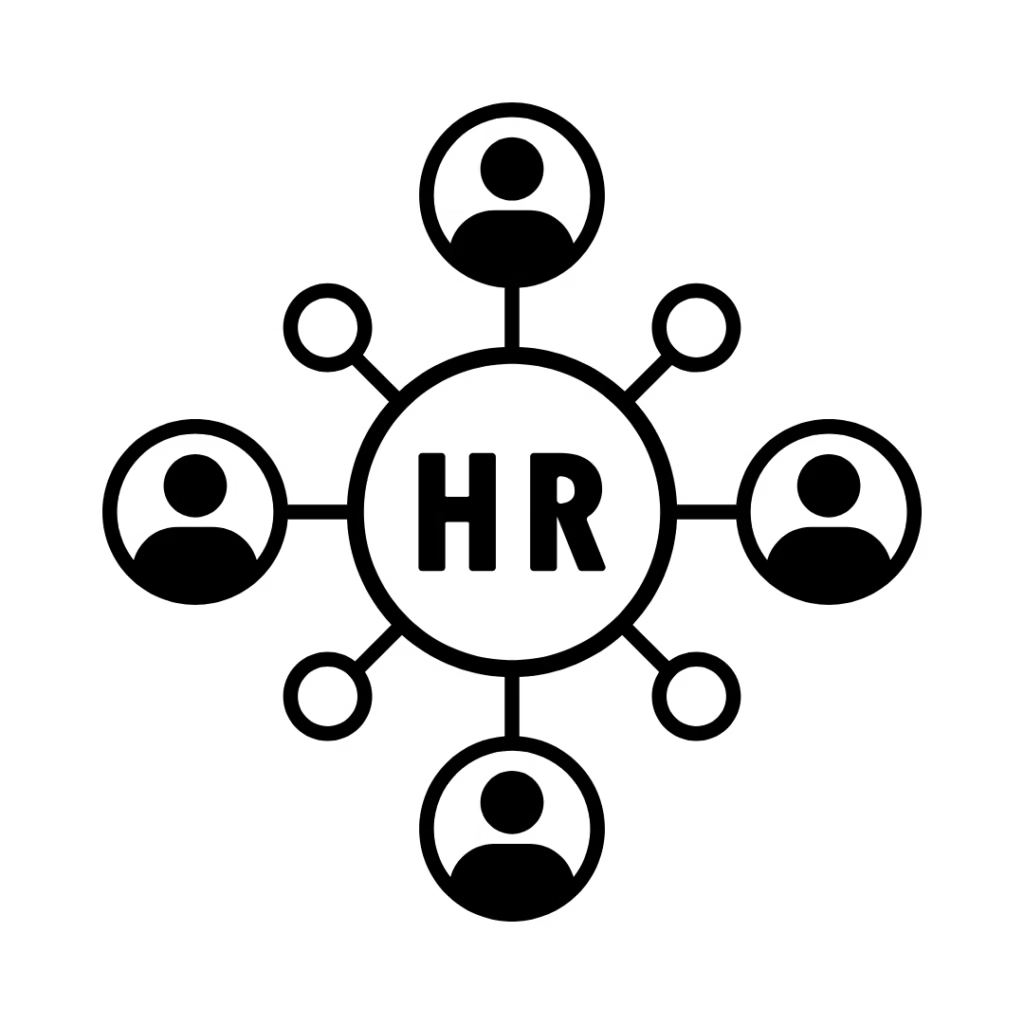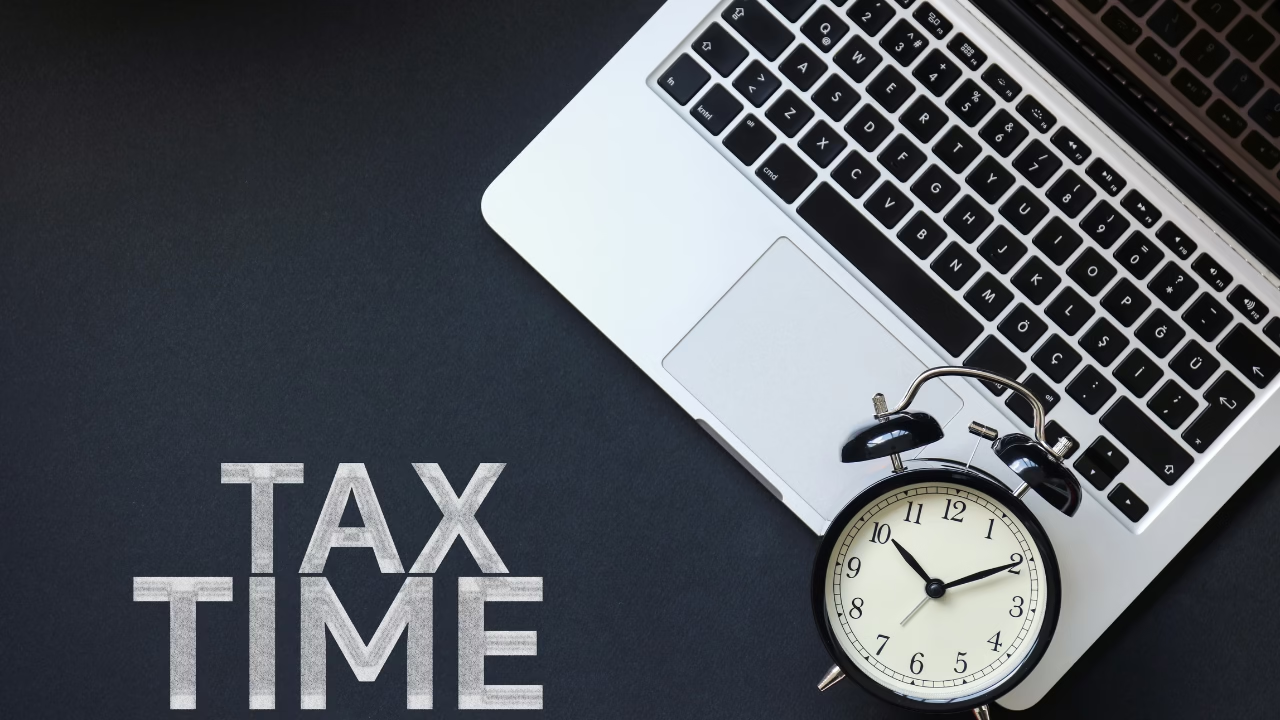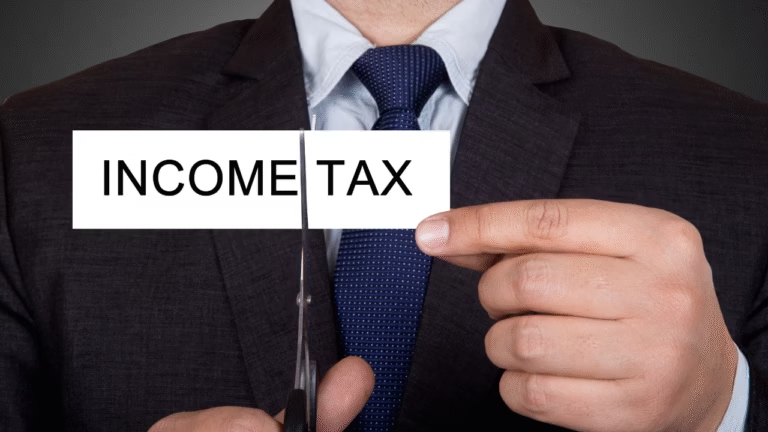PART #1 – As the calendar turns and tax season approaches, it’s essential for Canadian REALTORS® to stay ahead of the curve. Filing taxes on time isn’t just about avoiding penalties, it’s also about protecting your professional integrity, maximizing deductions, and maintaining peace of mind. With income often coming from various sources and the potential for complex deductions related to business operations, real estate professionals have unique tax obligations that require careful planning.
Here’s a comprehensive and very organized guide to help REALTORS® in Canada file their taxes accurately and on time.
1. Mark Your Calendar
The standard personal tax filing deadline in Canada is April 30. However, self-employed individuals (including most REALTORS®) have until June 15 to file, but any balance owing must still be paid by April 30 to avoid interest charges.
Tip: Set reminders in your calendar for key deadlines, including:
- RRSP contribution deadline (typically March 1)
- GST/HST filing deadlines (quarterly or annually, depending on your reporting period)
- April 30 (payment due)
- June 15 (filing deadline for self-employed)
2. Organize Your Income Sources
REALTORS® often earn income from commissions, referral fees, and possibly rental income or real estate investments. Ensure you gather:
- T4A slips from brokerages (for commission income)
- Invoices and receipts for private sales or referral fees
- Rental income statements, if applicable
- Investment income records (dividends, interest, etc.)
Keep track of all deposits, even if not reported on a T-slip, to avoid discrepancies with your CRA account.
3. Track Your Business Expenses
One of the key benefits of being a self-employed REALTOR® is the ability to deduct legitimate business expenses. These reduce your taxable income, so it’s important to track them carefully. Common deductible expenses include:
- Vehicle expenses (fuel, insurance, maintenance, lease payments)
- Advertising and marketing (print, digital, signage)
- Office expenses (supplies, rent, internet, utilities)
- Professional fees (license fees, board dues, continuing education)
- Meals and entertainment (client meetings, networking)
- Cell phone and home office costs (proportional to business use)
Pro tip: Use accounting software or an app like QuickBooks Self-Employed or Wave to track income and expenses throughout the year. Keep all receipts and categorize them properly. QuickBooks is excellent and worth the monthly investment!
4. Account for Property Holdings and Capital Gains
If you’ve sold any real estate, personal or investment during the year, you may need to report capital gains (or losses). This includes:
- Sale of rental properties
- Assignment sales (pre-construction)
- Flipped homes
- Personal residence, if it was not your principal residence for the entire ownership period
Don’t forget: Even though the sale of your principal residence is tax-exempt, you must still report it on your tax return.
5. Declare Foreign Property and Income
If you own foreign property worth more than $100,000 CAD, you’re required to file Form T1135 – Foreign Income Verification Statement. This includes:
- Foreign real estate
- Foreign stocks or mutual funds not held in Canadian accounts
- Offshore bank accounts
Failing to file Form T1135, even if no income is earned, can lead to steep penalties. Additionally, any foreign income must be declared, including rental or investment income.
6. Stay Compliant with GST/HST Obligations
If your annual revenue exceeds $30,000, you’re required to register for a GST/HST number and collect and remit tax on your services. REALTORS® should:
- Ensure GST/HST is added to applicable invoices
- Track and remit collected taxes on time (monthly, quarterly, or annually)
- Claim input tax credits for GST/HST paid on business expenses
7. Consider Working with a Tax Professional
Real estate taxation can be complicated. A Chartered Professional Accountant (CPA) or tax advisor who understands REALTOR®-specific deductions can:
- Ensure all allowable expenses are claimed
- Help with complex filings (T1135, capital gains, investment income)
- Minimize your tax liability
- Represent you in case of a CRA audit
Tax professionals also stay current with CRA updates, helping you remain compliant and up to date.
8. Keep Your Records for 6 Years
The CRA requires you to keep all relevant tax documents—including receipts, invoices, mileage logs, and bank statements for at least six years in case of an audit.
Digital records are acceptable, but make sure they are backed up securely and easily retrievable.
APRIL 30, 2025 is just around the corner!
Tax season doesn’t have to be stressful, start early, stay organized, and seek expert help when needed. Your future self (and your accountant) will thank you. Being a successful REALTOR® in Canada means wearing many hats, and tax compliance is one of the most important. With proper organization, consistent record-keeping, and timely filing, you’ll not only avoid penalties but also gain a clearer picture of your business health and financial position.
Would you like a A TAX CHECKLIST? Connect with us at buzzbuzzmediainc@gmail.com and we will send you a comprehensive resource to help keep you organized.
Contact your Accountant to ensure you file on time.
BUZZ HEADLINE CURATION TEAM











